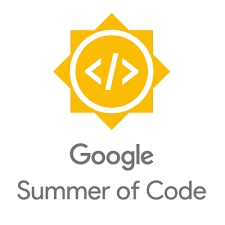July updates
This month the poliastro repository has crossed ⭐️ 500 GitHub stars ⭐️, thanks everyone for believing in the project!
Juan Luis released version 0.15.2 with a fix for newer astroquery versions, as well as compatibility with Plotly 5.0, which allows users to install all the required JupyterLab extensions without Node.js. This will make the installation process much easier!
Yash and Jorge had a very productive month: after a lot of discussion in our weekly community calls and several rounds of code reviews, we finally have eclipse event detection merged! Yash has passed the first Google Summer of Code evaluation with flying colors and will publish an entry in our blog soon. The work Jorge did on our validation infrastructure as part of the NumFOCUS Small Development Grant has proven to be extremely useful. In addition, Yash has also …
